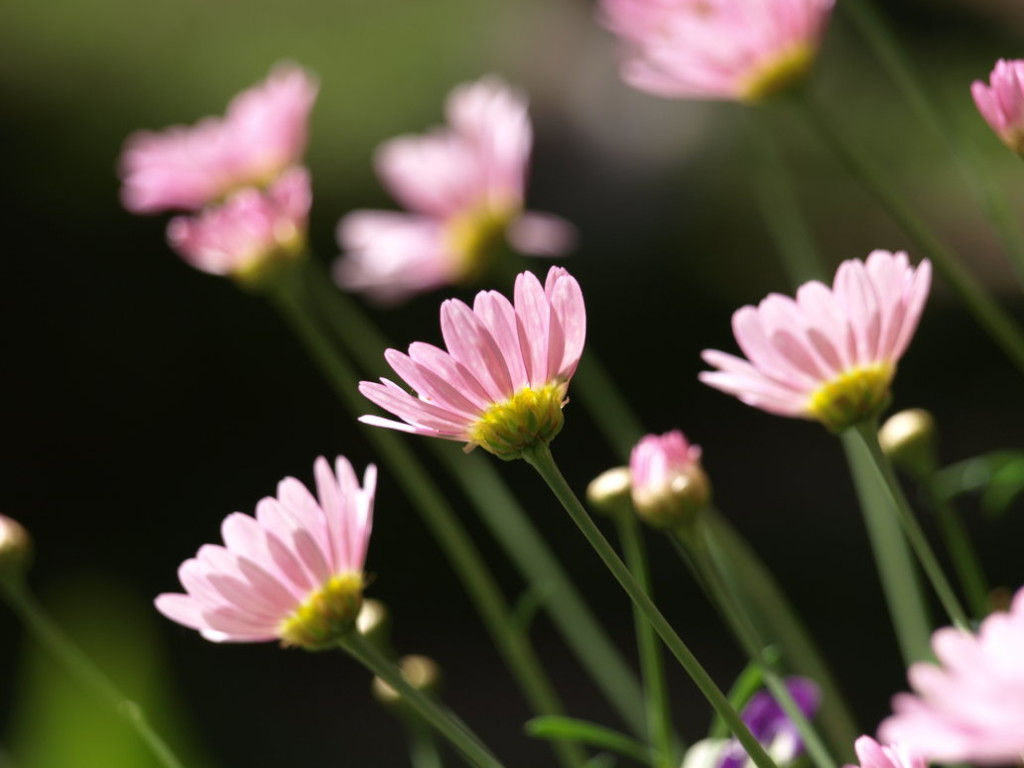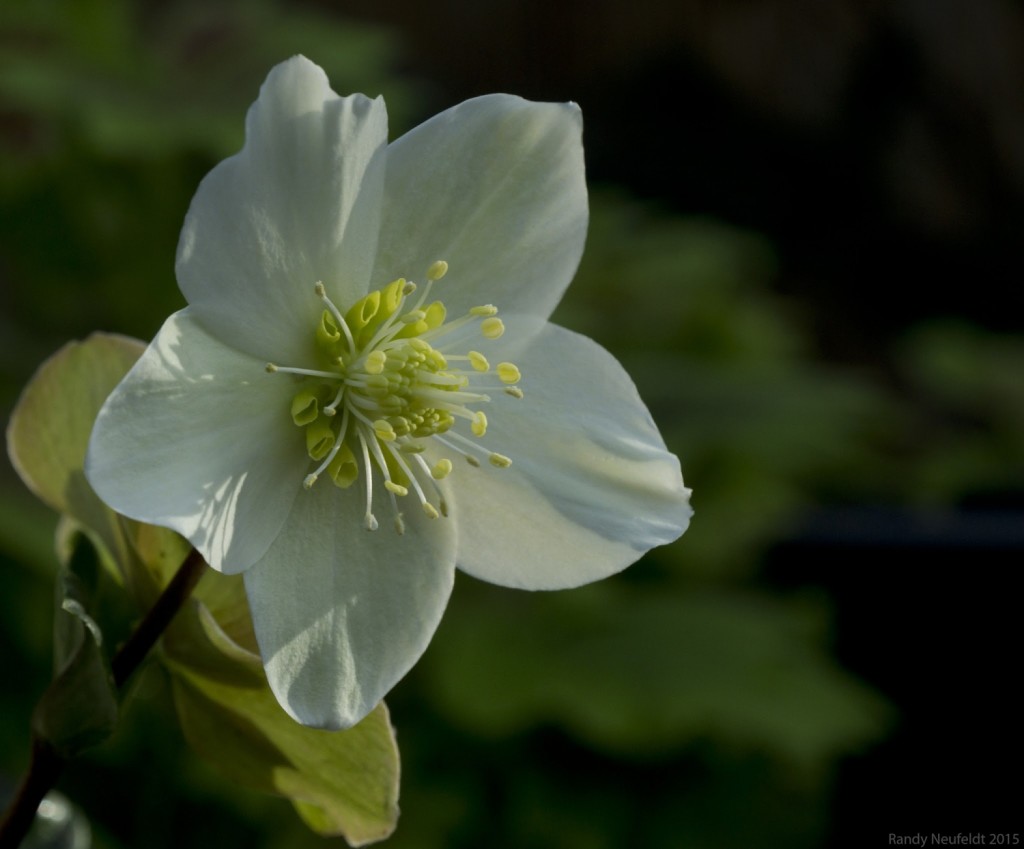-
20 January 9, 2016
-
Bringing peace and happiness to a troubled world
18 January 9, 2016The ultimate aim of Buddhism
Entangled by the bonds of hate, he who seeks his own happiness by inflicting pain on others, is never delivered from hatred.
~ Dhammapada 291Some people may believe that Buddhism is rather selfish because it seems to be concentrating only on inner peace. This is not the case, however; Buddha’s main purpose in teaching people how they could achieve inner peace was so that they could then go on to share that experience with others. Buddhism teaches that this is the most effective way in which it is possible for them to benefit others.
Buddhists understand that without inner peace outer peace is impossible. We all wish for world peace, but world peace will never be achieved unless people first establish peace within their own minds. Only by creating peace within our own mind and helping others to do the same can we hope to achieve peace in this world.
-
Good seeds
18 January 9, 2016We plant seeds that will flower as results in our lives, so best to remove the weeds of anger, avarice, envy and doubt, that peace and abundance may manifest for all. ~Dorothy Day

-
The more money you have, the more you want
29 January 9, 2016 -
A better today…
Comment January 8, 2016We always work for a better tomorrow
But when tomorrow comes,
instead of enjoying,
We again think of a better tomorrow
Let’s have a better today. ~sms
-
Right Speech — samma vaca
Comment January 8, 2016Right Speech is the third of the eight path factors in the Noble Eightfold Path, and belongs to the virtue division of the path.
The definition
“And what is right speech? Abstaining from lying, from divisive speech, from abusive speech, & from idle chatter: This is called right speech.”
— SN 45.8
Five keys to right speech
“Monks, a statement endowed with five factors is well-spoken, not ill-spoken. It is blameless & unfaulted by knowledgeable people. Which five?
“It is spoken at the right time. It is spoken in truth. It is spoken affectionately. It is spoken beneficially. It is spoken with a mind of good-will.”
— AN 5.198
The danger in lying
“For the person who transgresses in one thing, I tell you, there is no evil deed that is not to be done. Which one thing? This: telling a deliberate lie.”
The person who lies,
who transgress in this one thing,
transcending concern for the world beyond:
there’s no evil
he might not do. Continue reading -
The Story of Thera Nigamavasitissa
Comment January 8, 2016
Verse 32: A bhikkhu who takes delight in mindfulness and sees danger in negligence will not fall away; he is, indeed, very close to Nibbana.
1. abhabbo parihanaya: Unable to fall away; here it means, unable to fall away from the practice of Tranquillity and Insight Development and the benefits thereof, i.e., Magga and Phala. (The Commentary)
The Story of Thera Nigamavasitissa
While residing at the Jetavana monastery, the Buddha uttered Verse (32) of this book, with reference to Thera Nigamavasitissa.
Nigamavasitissa was born and brought up in a small market town near Savatthi. After becoming a bhikkhu he lived a very simple life, with very few wants. For alms-food, he used to go to the village where his relatives were staying and took whatever was offered to him. He kept away from big occasions. Even when Anathapindika and King Pasenadi of Kosala made offerings on a grand scale, the thera did not go.
Some bhikkhus then started talking about the thera that he kept close to his relatives and that he did not care to go even when people like Anathapindika and King Pasenadi were making offerings on a grand scale, etc. When the Buddha was told about this, he sent for the thera and asked him. The thera respectfully explained to the Buddha that it was true he frequently went to his village, but it was only to get alms-food, that when he had received enough food, he did not go any further, and that he never cared whether the food was delicious or not. Whereupon, instead of blaming him, the Buddha praised him for his conduct in the presence of the other bhikkhus. He also told them that to live contentedly with only a few wants is in conformity with the practice of the Buddha and the Noble Ones (Ariyas), and that all bhikkhus should, indeed, be like Thera Tissa from the small market town. In this connection, he further related the story of the king of the parrots.
Once upon a time, the king of the parrots lived in a grove of fig trees on the banks of the Ganges river, with a large number of his followers. When the fruits were eaten, all the parrots left the grove, except the parrot king, who was well contented with whatever was left in the tree where he dwelt, be it shoot or leaf or bark. Sakka, knowing this and wanting to test the virtue of the parrot king, withered up the tree by his supernormal power. Then, assuming the form of geese, Sakka and his queen, Sujata, came to where the parrot king was and asked him why he did not leave the old withered tree as the others had done and why he did not go to other trees which were still bearing fruits. The parrot king replied, “Because of a feeling of gratitude towards the tree I did not leave and as long as I could get just enough food to sustain myself I shall not forsake it. It would be ungrateful for me to desert this tree even though it be inanimate.”
Much impressed by this reply, Sakka revealed himself. He took water from the Ganges and poured it over the withered fig tree and instantly, it was rejuvenated; it stood with branches lush and green, and fully decked with fruits. Thus, the wise even as animals are not greedy; they are contented with whatever is available.
The parrot king in the story was the Buddha himself; Sakka was Anuruddha.
Then the Buddha spoke in verse as follows:
Verse 32: A bhikkhu who takes delight in mindfulness and sees danger in negligence will not fall away*, he is, indeed, very close to Nibbana.At the end of the discourse, Thera Tissa attained arahatship.
* will not fall away: It means, will not fall away from Tranquillity and Insight Development Practice and is assured of attaining Magga and Phalla. (The Commentary)
End of Chapter Two: Mindfulness (Appamdavagga)
Dhammapada Verse 32
Nigamavasitissatthera VatthuAppamadarato bhikkhu
pamade bhayadassi va
abhabbo parihanaya1
nibbanasseva santike.Source: Tipitaka
-
Up In The Sky
41 January 7, 2016When you are down
And you want to get high,
Just take a good look
Up in the sky.What you will see
Are the stars above,
And all you need
Is to proclaim your love.Who you will find
And see so clear,
Are friends in mind
You want to hold near.Whenever you need them
Just look up high,
Call their name
And see them fly.Every friend you meet
Owns a star
And you can see them
No matter how far.Whenever you are down
And want to get high,
Just take a good look
Up in the sky.By Amanda Jenkins
-
Heart’s garden of awakening
38 January 7, 2016 -
Spiritual exercises
15 January 7, 2016















